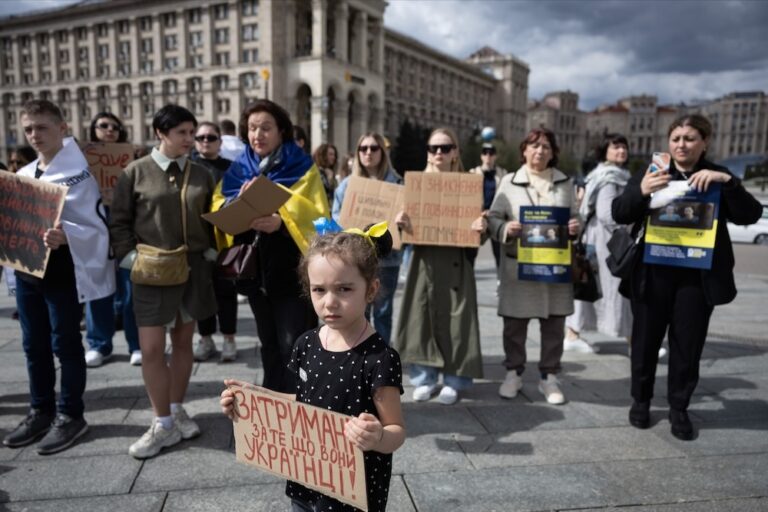(CJES/IFEX) – Russia’s ruling party, United Russia, has decided to boycott three newspapers published in Stavropol territory: “Stavropolskiye Gubernskiye Vedomosti”, “Moskovsky Komsomolets” (regional edition), and “Vecherny Stavropol”. This decision was announced at a press conference organized by a group of United Russia’s top functionaries in Stavropol in early September 2007. The Stavropol division of the […]
(CJES/IFEX) – Russia’s ruling party, United Russia, has decided to boycott three newspapers published in Stavropol territory: “Stavropolskiye Gubernskiye Vedomosti”, “Moskovsky Komsomolets” (regional edition), and “Vecherny Stavropol”. This decision was announced at a press conference organized by a group of United Russia’s top functionaries in Stavropol in early September 2007.
The Stavropol division of the United Russia party said in its release that “one of the main reasons for our refusal to work (with the newspapers) is that these media outlets are deliberately distorting information, especially information on United Russia and its leaders. Moreover, their articles are clearly biased against the party and its leaders. These papers are trying to make their readership believe that this information is true. However, no matter what these papers write about United Russia and its leaders, it has no relation to our party.”
CJES expert Mikhail Melnikov believes the boycott demonstrates that the United Russia party is nervous over the upcoming State Duma elections.
“Of course, the party functionaries should react to those articles that they find to be slanderous, but this reaction should be appropriate – in other words, legal,” said Melnikov. Criticism is normal, and if someone does not like criticism the law on mass media has specific provisions as to how one should react to criticism: through a refutation, the publication of the opponent’s opinion, a lawsuit, or public debate, said Melnikov.
Melnikov believes this boycott poses a danger to the targeted media outlets because it will negatively impact on their circulation, which will affect their financial situation and their status in the territory’s newspaper market.


